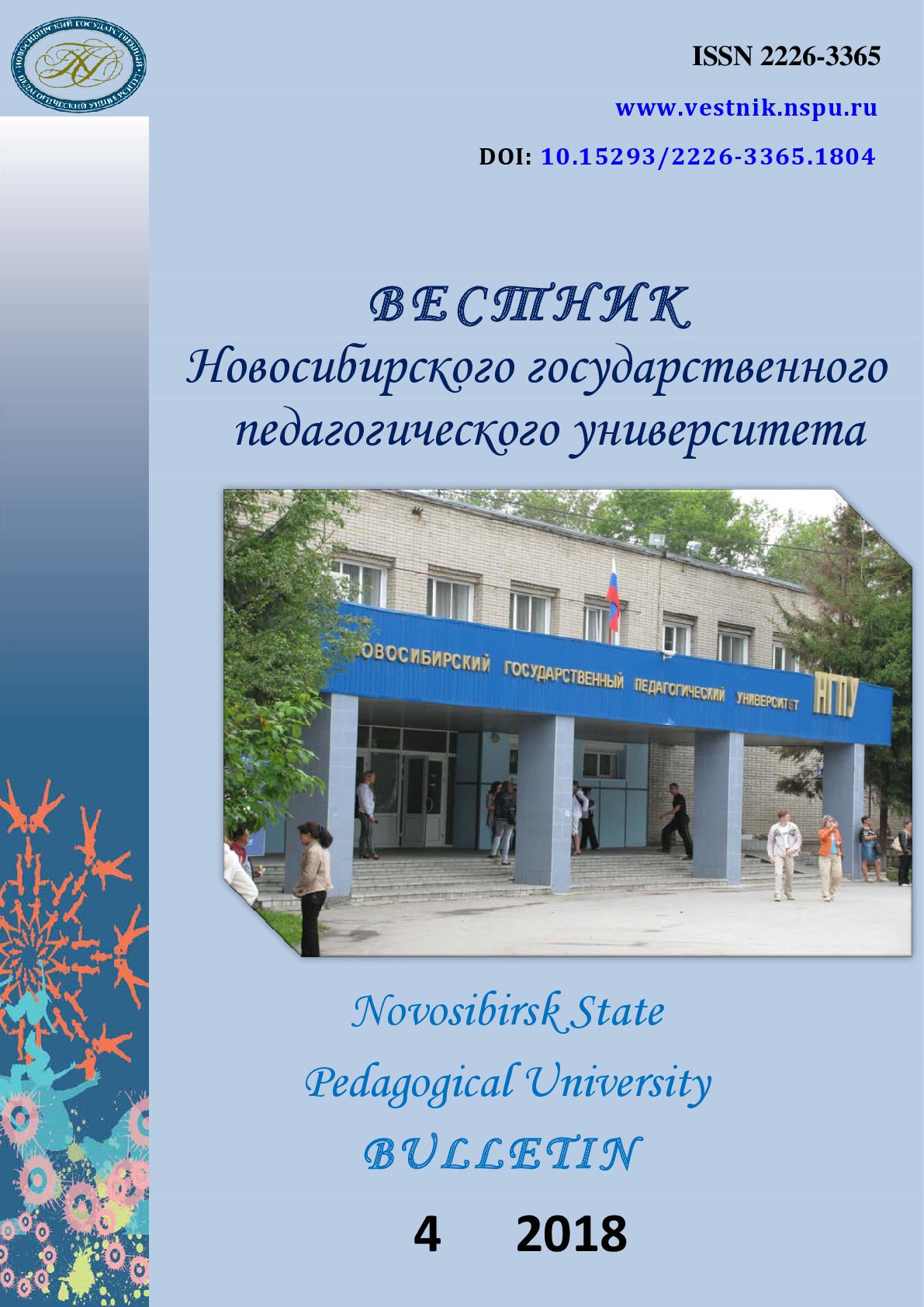Что есть точное знание и как оно обеспечивается в когнитивных процессах
What is the exact knowledge and how it is produced in the cognitive processes
Author(s): Victor Maratovich Trofimov Subject(s): Epistemology, Cognitive Psychology, Methodology and research technology
Published by: Новосибирский государственный педагогический университет
Keywords: Cognitive activity of the person; Exact knowledge; Concept of exact knowledge; Changing paradigms of knowledge; Stability of language; Interpretation of the cognizable object;
Summary/Abstract: Introduction. According to recent studies the images of numbers and sets are present in the neural networks of humans and animals. It is experimentally confirmed that animals, unlike humans, are not able to perform accurate calculations. There is a problem of determining the nature of exact knowledge, necessary criteria of its existence. The role of exact knowledge in cognitive processes and the conditions of its storage and accumulation remain unclear. When considering the exact knowledge as a subject of study should take not only the exact calculations, but also the exact line of the artist, the exact poetic image, the expression of accurate thought. The purpose of the work is to identify mathematically correct conditions for providing exact knowledge in cognitive processes. Materials and Methods. The concepts of a number and a set allow us to get closer to the accurate description of facts and processes using the language of set theory. Application of this method to consider the features of human perception and information processing is justified by known data on the "sense of numbers" in humans and animals. The same method allows us to design the structure of the object of cognitive activity. The method of the theory of dimensions and similarity allows us to clarify the conditions of economical memory. Results. The author has identified some apparently key conditions to ensure accurate knowledge in the daily activities of people associated with the development and storage of knowledge, in particular, the stability of the language. The author considers the concepts of number and set in application to the object of cognitive activity and reveals the embodiment of the set-theoretic interpretation of the object not only in scientific research, but also in everyday life. The author raises the question whether it is possible to know exactly in the changing paradigm of knowledge and how if it is possible. Equally important is the question of the dynamics of accurate knowledge storage in the conditions of its growth. Conclusions. The author proposed the concept of exact knowledge, produced by man in any form of knowledge, and gave its justification by means of a set-theoretical method, as well as links to known experimental data of related sciences.
Journal: Вестник Новосибирского государственного педагогического университета
- Issue Year: 8/2018
- Issue No: 4
- Page Range: 141-157
- Page Count: 17
- Language: Russian

